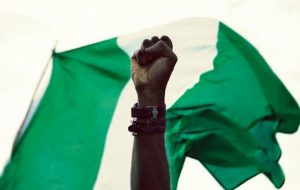Kibaki oversaw the best and worst of Kenya

President Mwai Kibaki’s election in 2002 ushered in one of the country’s finest moments – a transition from decades of dictatorship with a promise to push for a new constitution that would strengthen the nation’s democracy.
But his lack of courage, sometimes tact, squandered these opportunities.
His stewardship of the economy unleashed the country’s potential – a new sense of pride and belonging consumed the nation, industrious Kenyans launched businesses across the country as improved infrastructure opened up new markets.
However, Kibaki’s legacy is besmirched by his failure to match the zeal of many Kenyans ready to fundamentally restructure the country for the better.
One of the most famous stories of the time was of citizens arresting traffic police officers asking for bribes, at a time when the government’s anti-corruption fight policy was big on words but with little action.
The former president was also unable to curb the impulses of hawkish members of his family and cabinet – some of them were accused of hiring foreign mercenaries to raid a media house because they didn’t like stories it published.
The post-election violence that followed the 2007 election, and the related cases at the International Criminal Court, was also an indictment of his leadership, although he was not among the politicians charged.
Many will remember Kibaki’s presidency fondly, but others would equally agree with an assessment by one columnist that Kibaki never missed a fence to sit on – his indecisive nature held him back from making bold decisions that would have served the country better.
By BBC



